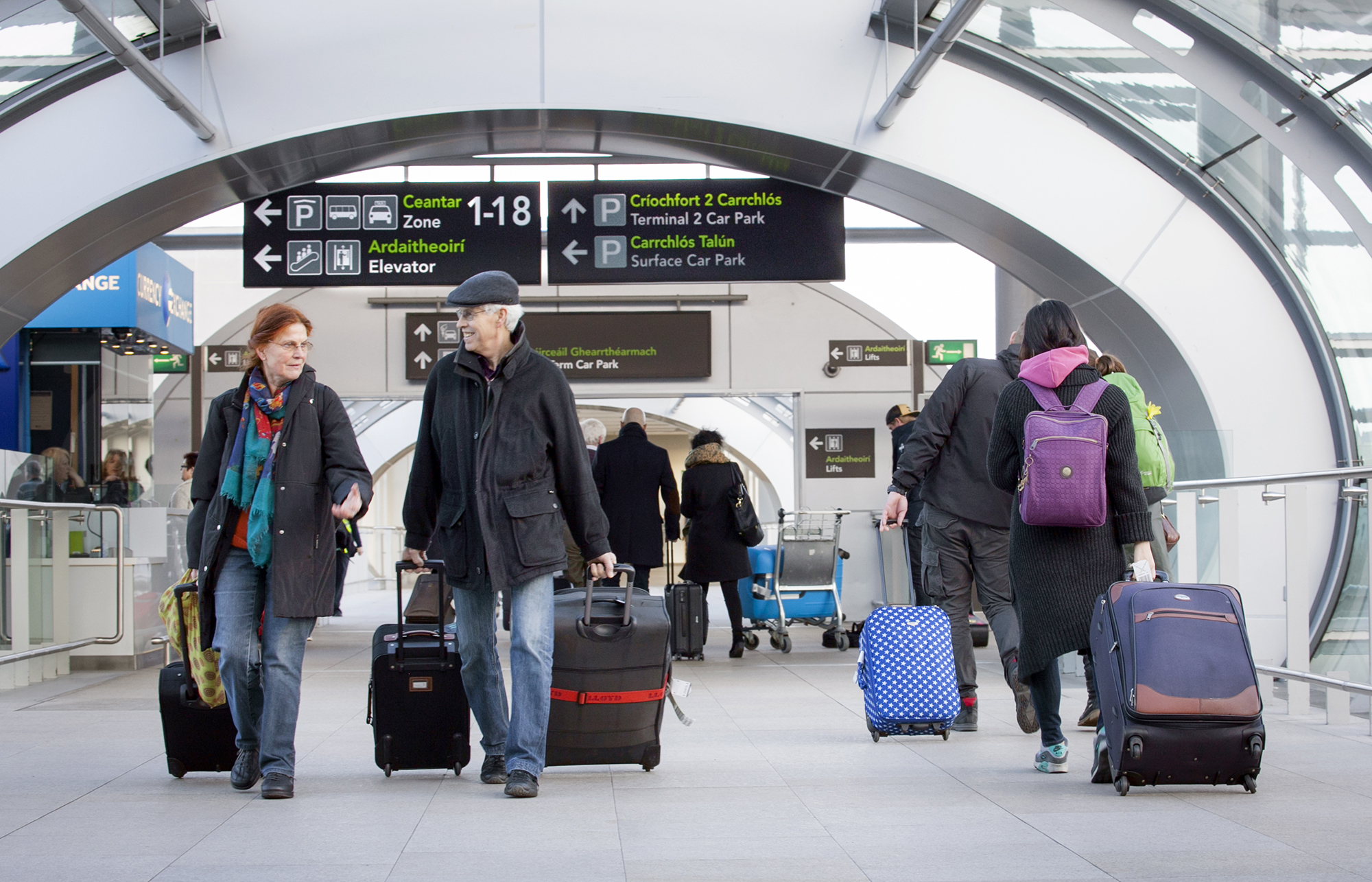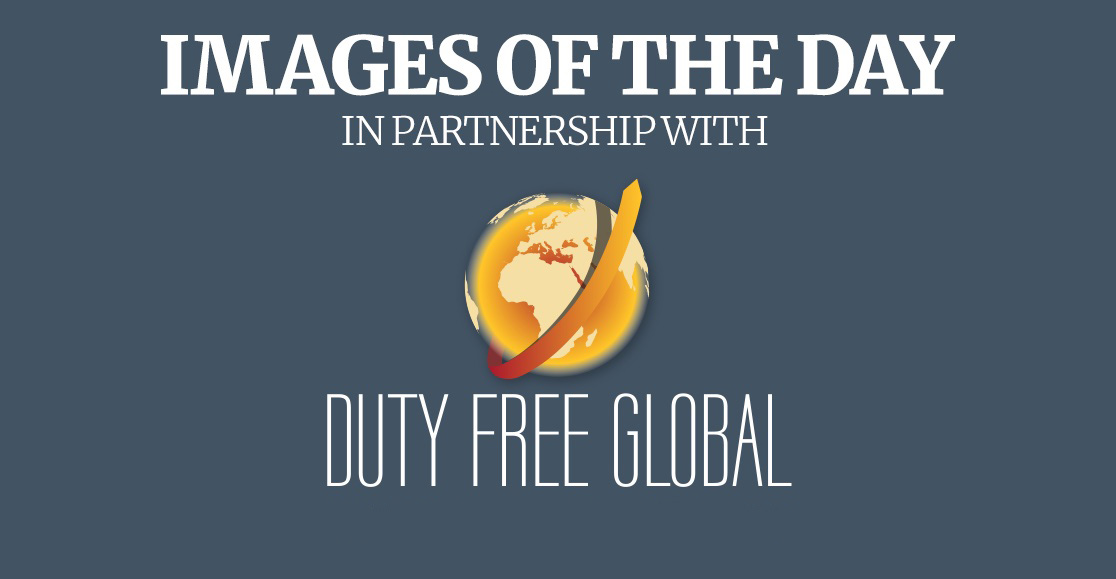EUROPE. In a potentially important step to rebuilding the European travel business, the EU Commission today proposed that Member States ease restrictions on non-essential travel into the region, to take account of the progress of vaccination campaigns worldwide.
The Commission suggested its member countries allow entry for non-essential reasons not only for all travellers coming from countries with a “good epidemiological situation” but also to all people who have received an EU-authorised vaccine.
In addition, the Commission proposes to raise the threshold related to the number of new COVID-19 cases that is used to determine the list of countries from which all travel should be permitted. This should allow the Council to expand this list and encourage more travel into the region.
With the emergence of coronavirus variants of concern, as a counter-balance, the Commission has proposed an ‘emergency brake’ mechanism, to be coordinated at EU level and which would limit the risk of such variants entering the EU. This will allow Member States to act quickly and temporarily limit all travel from affected countries for the time needed to put in place appropriate sanitary measures.


Non-essential travel for vaccinated travellers
The Commission proposed that Member States lift restrictions on non-essential travel for vaccinated people travelling to the EU. This reflects the latest scientific advice showing that vaccination helps to break the transmission chain.
Member states, said the Commission, “should allow travel into the EU of those people who have received, at least 14 days before arrival, the last recommended dose of a vaccine having received marketing authorisation in the EU. Member States could also extend this to those vaccinated with a vaccine having completed the WHO emergency use listing process. In addition, if member states decide to waive the requirements to present a negative PCR test and/or to undergo quarantine for vaccinated persons on their territory, they should also waive such requirements for vaccinated travellers from outside the EU.”
The EU noted that this will become easier once the Digital Green Certificate becomes operational [potentially in June -Ed]. Until then, states should be able to accept valid certificates from non-EU countries, it added.
Lifting of non-essential travel restrictions
Non-essential travel regardless of individual vaccination status is currently permitted from just seven countries with a good epidemiological situation. This list is decided by the Council on the basis of epidemiological criteria contained in the current recommendation.
The Commission is proposing to amend the criteria to take into account the mounting evidence of the positive impact of vaccination campaigns. The proposal is to increase the threshold of 14-day cumulative COVID-19 case notification rate from 25 to 100. This remains considerably below the current EU average, which is over 420.
The adapted threshold should allow the Council to expand the list of countries from which non-essential travel is permitted regardless of vaccination status.
The Commission said that a first discussion on the proposals is scheduled at the European Council’s political crisis response (IPCR) meeting taking place on 4 May, followed by a discussion at the meeting of EU Ambassadors (Coreper) on 5 May.
Once the proposal is adopted by the Council, it will be for Member States to implement the measures.













